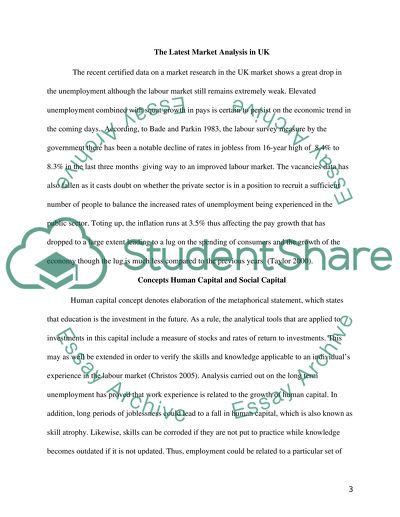Cite this document
(“Unemployment Within the Labour Market is Primarily Voluntary Essay”, n.d.)
Unemployment Within the Labour Market is Primarily Voluntary Essay. Retrieved from https://studentshare.org/macro-microeconomics/1455369-unemployment-within-the-labour-market-is-primarily-voluntary
Unemployment Within the Labour Market is Primarily Voluntary Essay. Retrieved from https://studentshare.org/macro-microeconomics/1455369-unemployment-within-the-labour-market-is-primarily-voluntary
(Unemployment Within the Labour Market Is Primarily Voluntary Essay)
Unemployment Within the Labour Market Is Primarily Voluntary Essay. https://studentshare.org/macro-microeconomics/1455369-unemployment-within-the-labour-market-is-primarily-voluntary.
Unemployment Within the Labour Market Is Primarily Voluntary Essay. https://studentshare.org/macro-microeconomics/1455369-unemployment-within-the-labour-market-is-primarily-voluntary.
“Unemployment Within the Labour Market Is Primarily Voluntary Essay”, n.d. https://studentshare.org/macro-microeconomics/1455369-unemployment-within-the-labour-market-is-primarily-voluntary.


